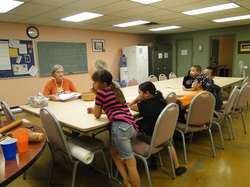- Parish House Of Ruth
- Contact
- Churches-US -EUROPE
- Agenda
- Online kapel
- DiscipelschapCursus.....Nederlands-Engels
- Saint Louis Liturgy
- Alive Now.....Audio Lectio Davina
- Early Christian Writings
- The Word-Sunday
- Biblical Study Tool
- Saint Paul Center
- Anglicans Online
- Biblical-Research
- Catholic- Resources
- Een Kwartier met God
- Saint Matthew Ecumenical Catholic Church Media
- Audio
- Pastor Jetty Van Den Berghe
- House Of Ruth And Junia


 RSS-feed
RSS-feed
